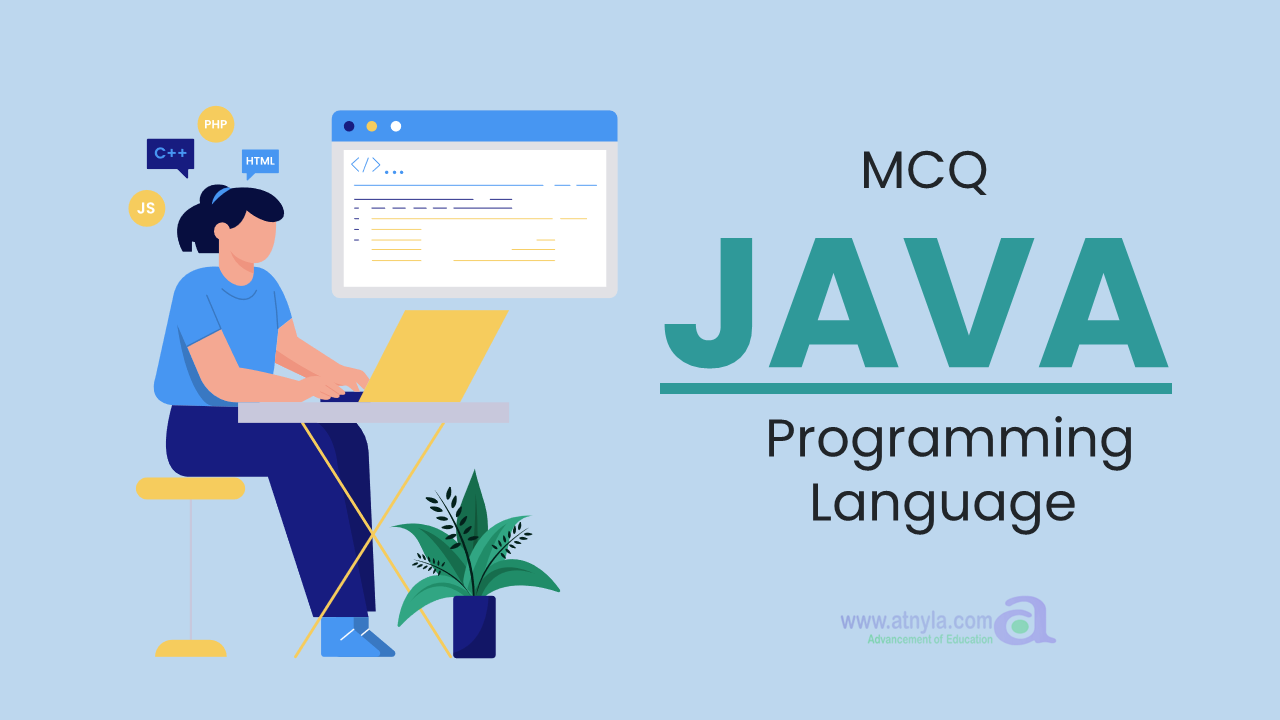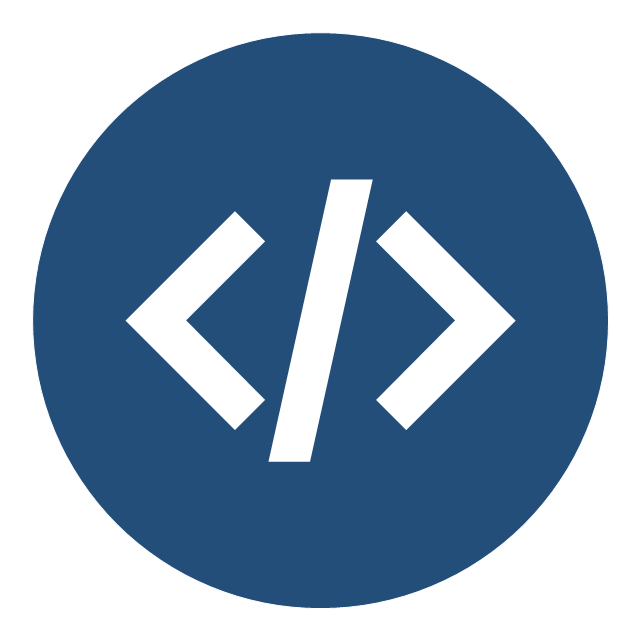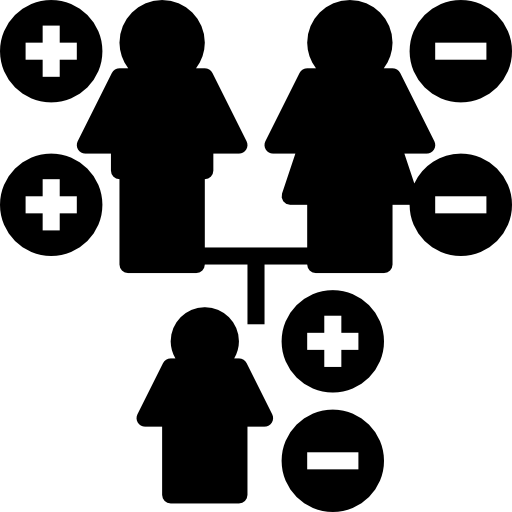- A class A { abstract void unfinished() { } }
- B class A { abstract void unfinished(); }
- C abstract class A { abstract void unfinished(); }
- D public class abstract A { abstract void unfinished(); }
Answer:
C
abstract class A {
abstract void unfinished();
}
 Java Language Fundamental
Java Language Fundamental  Java Language Basics
Java Language Basics  Father of Computer Programming
Father of Computer Programming  Computer Generations
Computer Generations  Inheritance in Java MCQ
Inheritance in Java MCQ